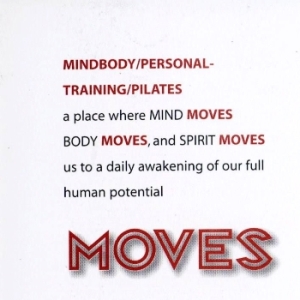Do you feel like you simply do not have time to exercise? Are other activities more important?
Is it more important to study in order to develop your intelligence?
Consider these research findings…
WHY MOVEMENT IS GOOD FOR YOUR BRAINYOUR MOOD, AND YOUR OVERALL HEALTH
–A study at Cornell University showed that humans can replace cells in areas of the brain that control memory and learning.
–A research project at UCLA found that mice who exercise on running wheels doubled the number of brain cells in the hippocampus, the area of the brain that controls memory and learning.
*******
A study conducted by Blumenthal at Duke University compared 156 subjects who suffered depression.
One group exercised three times per week for 30 minutes at 70%-85% of maximal effort.
Another group took their anti-depression medications but did not exercise.
A third group combined exercise with medications.
After four months the subjects’ depression levels were compared.
The results showed the same decrease in depression for the group that exercised as for the group who took medications.
However, the group that exercised showed improved capacity to make decisions and to juggle multiple tasks, whereas the non exercise group showed no improvement.
Research at the University of California, San Francisco studied a group of women who walked regularly. Results showed that for EVERY EXTRA MILE WALKED THERE WAS A 13% LOWER RISK OF MENTAL DECLINE.
Researchers at the University of Texas, Houston studied the reports of stress/mood/health of 135 college students in relation to physical activity level. Those who reported exercising less often showed:
37% MORE PHYSICAL SYMPTOMS
21% MORE ANXIETY DURING PERIODS OF STRESS
Dr. Cindy L. Carmack concluded that everyday stress can accumulate without exercise and lead to disease.
**************
Though researchers are not sure why exercise positively affects mood, memory, and even intelligence levels, these are some of the possible explanations:
Seratonin–exercise increases levels of serotonin, a neurotransmitter that helps control mood and mental clarity.
Self-regard–exercise may reduce depression as a result an increased sense of self-mastery and positive self-regard (Blumenthal/Duke University)
Decisions–Split second decision making regarding speed, direction, force, level changes, in activities such as dance or coordination activities are especially stimulating for the brain; memory is challenged to remember movement sequences.
Stress-reduction–high levels of stress can diminish blood flow to the brain; stress can also stimulate the secretion of cortisol, which in large amounts, breaks down the hippocampus. Disciplines such as yoga and Pilates degress stress, thereby assuring that cortisol levels remain normal.
